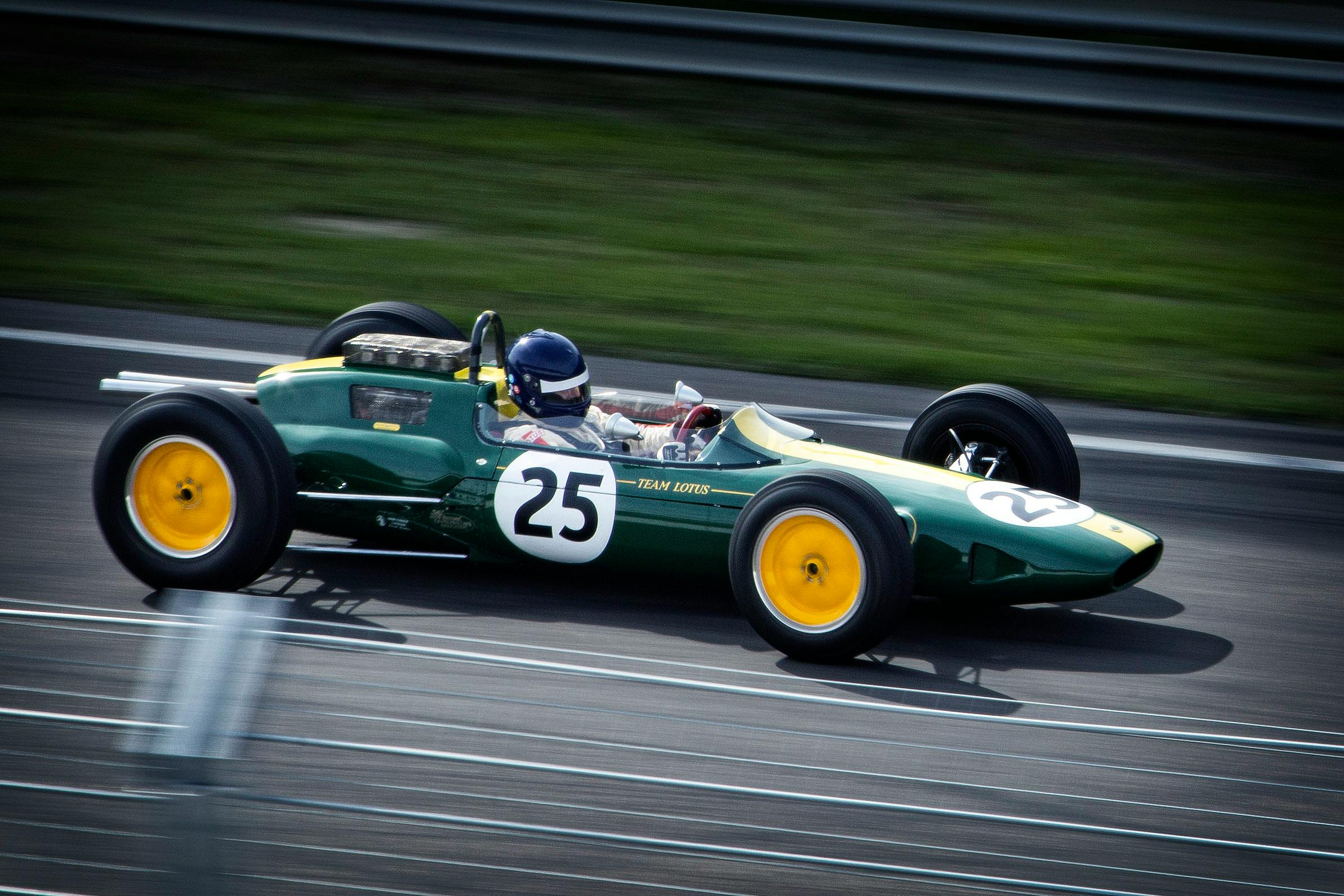The high-speed world of Formula 1 racing demands peak performance from its drivers at all times. In a sport where milliseconds can mean the difference between victory and defeat, a driver’s reaction time is crucial. However, this reaction time can be significantly affected by various factors, one of the most overlooked yet impactful of which is sleep quality. From the scholarly research published on PubMed and Crossref to real-world observations, there is significant evidence that emphasises the profound effect sleep quality has on a Formula 1 driver’s performance.
The Importance of Sleep for Formula 1 Drivers
Underneath the glamour of international racing circuits and multimillion-dollar sponsor deals, Formula 1 drivers are among the world’s most finely-tuned sports professionals. Their training regimens are comprehensive and their lifestyles strictly regulated – all to ensure that they’re at their best while behind the wheel of their high-performance cars.
A lire également : What Are the Latest Developments in Anti-Doping Technologies in Professional Sports?
From a cursory Google search, it’s clear that a key component of this regimen is good sleep. Sleep is not merely a time for rest and relaxation. It is a critical period during which the body repairs itself and the brain processes the experiences and information of the day. During sleep, the brain reinforces neural pathways involved in muscle memory, a critical element for Formula 1 drivers who need to react instinctively during high-speed races.
A study published in PubMed and referenced in Crossref outlines the effects of sleep deprivation on cognitive performance. It’s found that a lack of sleep results in slower reaction times, decreased alertness and impaired memory. In the high-stakes race of Formula 1, such effects could have disastrous consequences.
Avez-vous vu cela : What Strategies Enhance Cognitive Decision-Making Speed in Hockey Goalkeepers?
The Stress of Formula 1 and its Impact on Sleep Quality
The life of a Formula 1 driver is filled with stress. The pressure to perform, the intense physical challenges of driving, and the constant travel across different time zones can all contribute to poor sleep quality. A Google Scholar article outlined how chronic stress and sleep disturbances are closely linked. When under stress, the body produces elevated levels of cortisol, a hormone that can disrupt sleep patterns.
Aside from the physical stressors, Formula 1 drivers also grapple with a unique kind of mental stress. They have to make split-second decisions at incredibly high speeds, and any mistake can lead to catastrophic consequences. This mental stress can also impact their sleep, further compounding the effects of physical stress and potentially impacting their performance on the race track.
Assessing Sleep Quality and Reaction Time in Formula 1 Drivers
A number of tests and studies have been conducted to assess sleep quality and reaction times in Formula 1 drivers. In one such study, researchers utilized a formula to calculate the relationship between sleep quality and reaction time. The findings were stark; as sleep quality improved, reaction times sped up significantly.
To measure reaction times, the study used a simple stimulus-response test, wherein drivers had to respond as quickly as possible to a visual stimulus. This test simulates the kind of quick, instinctive decisions that drivers have to make during a race.
Sleep quality, on the other hand, was assessed using a variety of methods. Self-reported sleep diaries, wrist actigraphy (a method of monitoring sleep and activity cycles), and polysomnography (a comprehensive sleep test) were all used to gather data on the drivers’ sleep patterns.
The Role of Training and Lifestyle Adjustments
Recognizing the critical role of sleep in driver performance, Formula 1 teams have begun to invest heavily in sleep research and training. They’ve incorporated sleep hygiene – a series of habits and practices that promote good sleep – into their drivers’ training regimens. These include regular sleep schedules, limiting exposure to light before bedtime, and maintaining a healthy diet and exercise routine.
Additionally, teams have also employed sleep psychologists and experts to work with their drivers. These professionals provide personalized advice and strategies to help drivers manage stress, overcome jet lag and maximize their sleep quality.
In conclusion, the relationship between sleep quality and reaction times in Formula 1 drivers is a complex one, influenced by a myriad of factors. However, one thing is clear: good sleep is essential for peak performance on the race track. As Formula 1 continues to push the boundaries of human performance, it’s certain that sleep will remain a key focus in the pursuit of victory.
Utilizing Technology to Monitor Sleep and Performance in Formula 1 Drivers
As technology continues to evolve, Formula 1 teams are leveraging it to monitor and enhance their drivers’ sleep quality and, as a result, performance. A variety of devices and applications, which utilize parameters such as heart rate and movement, are being utilized to track sleep patterns of drivers.
Devices such as sleep trackers and heart rate monitors have become an integral part of many drivers’ routines. For instance, wrist actigraphy, which was used in the aforementioned study, involves a device worn on the wrist that measures movement and light exposure, giving an accurate picture of a driver’s sleep/wake cycle. Similarly, heart rate variability (HRV) monitors can give insights into a driver’s stress levels and recovery status.
In addition, there are mobile applications that drivers can use to self-assess their sleep quality and make necessary adjustments to their lifestyle for improved sleep. For instance, these apps might remind drivers to stick to their sleep schedule, avoid bright screens before bedtime, or even guide them through relaxation exercises to help reduce mental stress before sleep.
Moreover, Formula 1 drivers, like Lewis Hamilton, also use sleep monitoring technology to ensure they are fully rested and ready for the Grand Prix. In an article published on PubMed and Google Scholar, it was suggested that technological advancements in sleep monitoring could even predict drivers’ reaction times and overall performance based on their sleep quality.
Conclusion: Sleep Quality as a Key Performance Indicator in Formula 1
In the fiercely competitive world of Formula 1, where victory or defeat is often decided by fractions of a second, the importance of maintaining optimal reaction times cannot be overstated. As we have seen, sleep deprivation significantly slows reaction times, impairing drivers’ performance and potentially leading to disastrous consequences. Conversely, good sleep quality enhances reaction times, giving drivers an edge in the high-stakes races.
The relationship between sleep quality and reaction times in Formula 1 drivers is multifaceted, influenced by a variety of factors including physical and mental stress, travel schedules, and jet lag. This has led Formula 1 teams to invest in sleep research and training, incorporating sleep hygiene into their drivers’ training regimens, and employing sleep experts to provide personalized advice.
Furthermore, teams are utilizing advanced technology to monitor drivers’ sleep and performance. Devices like wrist actigraphy and heart rate monitors, along with mobile applications, are being used to gather data and provide actionable insights for improving sleep quality. As Formula 1 continues to push the boundaries of human performance, the role of sleep in achieving peak performance will undoubtedly remain a key focus.
The evidence is clear: good sleep is not just a luxury, but an essential requirement for Formula 1 drivers. As the sport continues to evolve, we can expect to see even more emphasis placed on sleep quality in the pursuit of victory. After all, in the race for the checkered flag, every millisecond counts.











